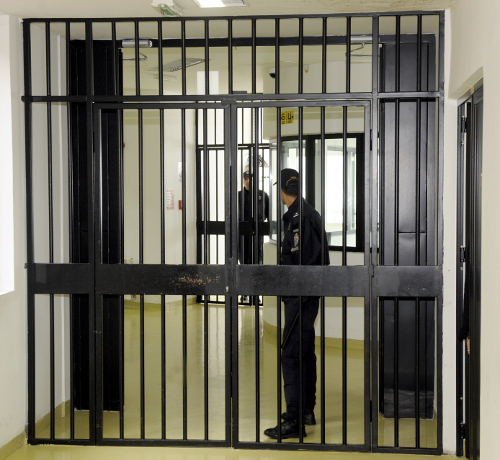Component 3: Training of prison staff

However, capacities of the MoJs could benefit from further capacity building to ensure their stronger role in harmonising and standardising treatment of prisoners, work and leisure activities for prisoners, health care services and the overall underpinning issue of staff training. The practice shows that prison staff in their direct and daily contacts with prisoners could, even unintentionally, violate their rights. The deprivation of liberty calls for a skilled and competent staff, well aware of their own responsibilities.
It is important that staff of whatever professional background and skills understand that they share a responsibility for the three core tasks: security, order and care. A common induction programme on the basic operational skills necessary for core prison staff in their daily dealings with prisoners, as advocated for in the previous CoE implemented projects, is a key to providing competence and assertiveness to the front line staff. Protocols for risk and needs assessment and for processing complaints, involving prison staff at various positions and with different professional background, is of utmost importance. The protocols developed within the framework of the previously CoE implemented projects could be used for these purposes.
The real professionalism of prison staff requires that they should be able to deal with prisoners in a decent and humane manner while paying attention to matters of security and good order. At the same time, the development of constructive and positive relations between prison staff and prisoners reduce the risk of burn out syndrome, so commonly recognised amongst prison staff. Standardised operational procedures for prison staff result in the reduction of inter-prisoner violence, thereby also reducing the risk of ill-treatment and enhancing control and security. In turn, it will render the work of prison staff far more rewarding and creating the necessary preconditions to establish prison staff as a profession of its own.
Therefore, the project foresees development of standard operational procedures aimed at ensuring the appropriate levels of safety and security, as well as good order in prison environment.

